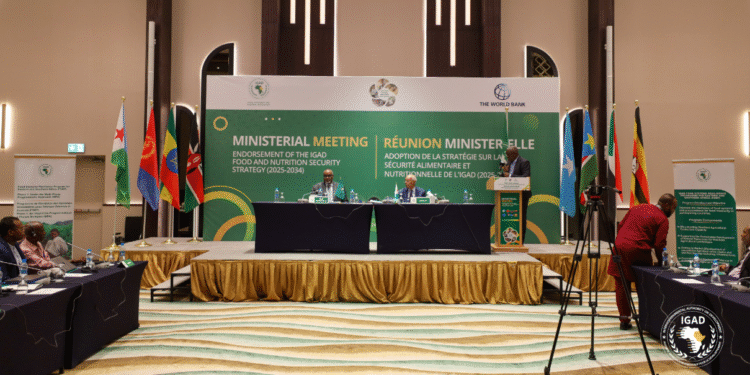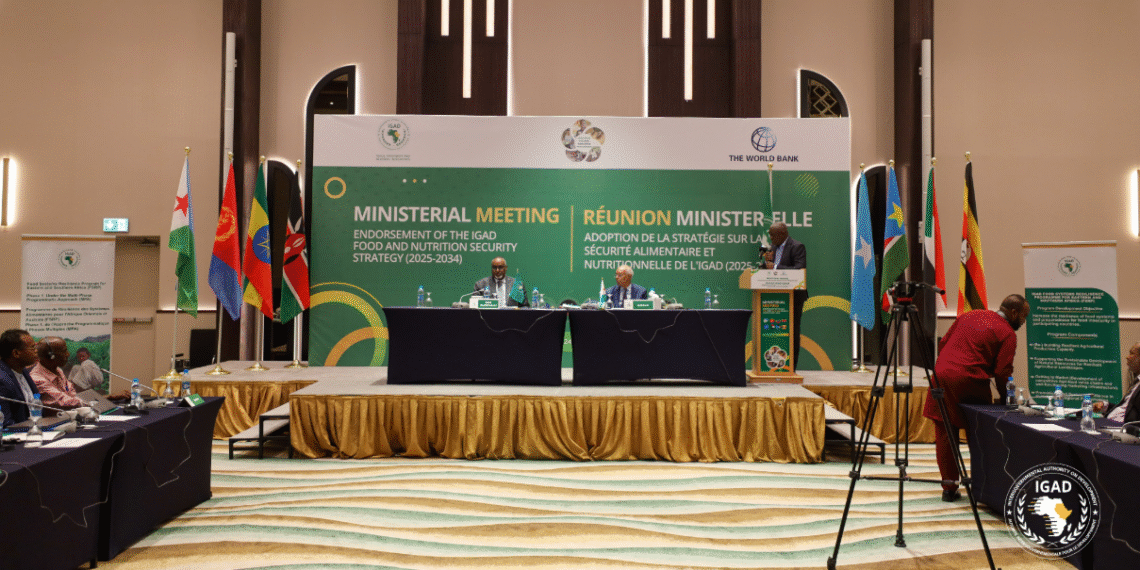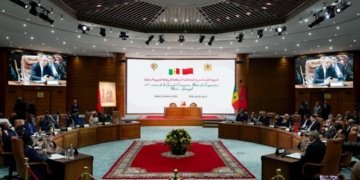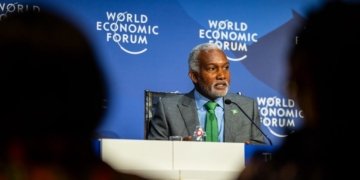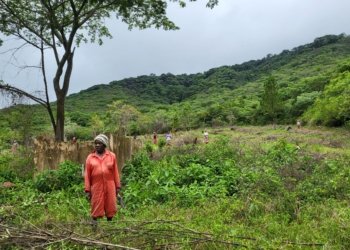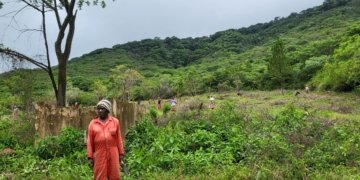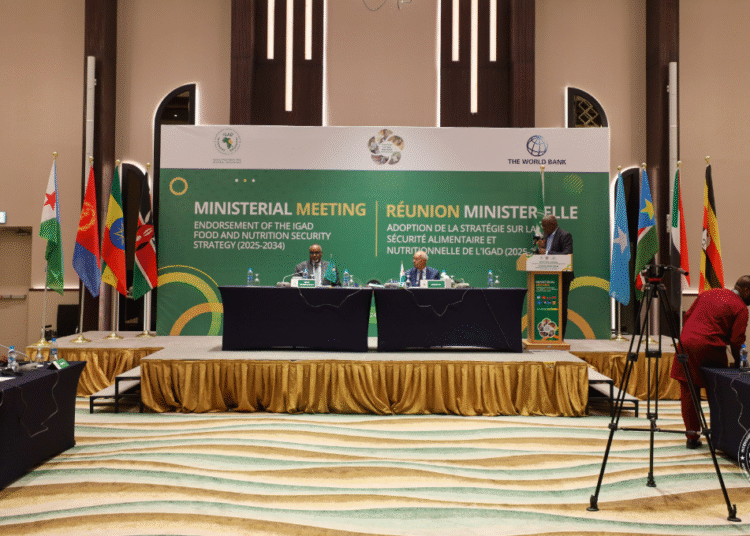DJIBOUTI CITY, Djibouti (BG)- The Intergovernmental Authority on Development (IGAD) on Tuesday convened a high-level ministerial meeting to endorse the Food and Nutrition Security Strategy 2025–2034, marking a pivotal moment in regional efforts to address food insecurity.
The meeting, held in Djibouti, also highlighted IGAD’s proactive strategies in combating food crises across its member states.
Headquartered in Djibouti, IGAD is an eight-country trade bloc in Africa. It includes governments from the Horn of Africa, Nile Valley and the African Great Lakes.
The session opened with remarks from Mohamed Abdi Ware, IGAD Deputy Executive Secretary, alongside Mohamed Ahmed Awaleh, Minister of Agriculture, Water, Fisheries, Animal, and Maritime Resources of Djibouti.
Ware highlighted IGAD’s progress in addressing food challenges exacerbated by global disruptions such as Ukraine and the Middle East conflicts.
“In today’s interconnected world, global events disrupt grain supplies, impacting food security in the Horn of Africa,” Ware said.
“Despite these challenges, IGAD has advanced food security through proactive strategies, including the Regional Food Security and Nutrition Response Strategy (2020–2022), focusing on crisis prevention, resilience building, and coordinated emergency responses,” he added.
Regional Cooperation and New Initiatives
The ministerial meeting also endorsed the IGAD Fertilizer and Soil Health Hub, a new initiative to improve food production through a regional Fertilizer Management Protocol.
For his part, Awaleh stressed the region’s untapped agricultural potential.
“This region holds the potential to feed not only the IGAD region but Africa as a whole. With fertile lands across Somalia, Ethiopia, Kenya, Uganda, South Sudan, and Sudan, we have the capacity to ensure everyone has access to sufficient and nutritious food.”
The strategy and initiatives align with IGAD’s broader mission to promote regional cooperation and sustainable development.
The session, supported by World Bank Africa, brought together ministers of agriculture and food security from IGAD’s member states to chart a unified path forward.
On Tuesday, technical experts from IGAD Member States met to finalize the IGAD Food and Nutrition Security Strategy 2025-2034.
Speaking on behalf of the Executive Secretary, the Director for Agriculture and Environment, Daher Elmi, emphasized IGAD’s unwavering commitment to fostering regional collaboration and implementing sustainable solutions for food and nutrition security.
“This landmark strategy is designed to strengthen food security, combat malnutrition, and build resilient food systems across the region,” IGAD said in a Facebook post on Tuesday.
A Legacy of Leadership
Established in 1996, IGAD succeeded the Intergovernmental Authority on Drought and Development (IGADD), an organization founded in 1986 to address environmental and developmental challenges in the Horn of Africa.
With a current membership of eight countries, IGAD continues to play a critical role in fostering regional collaboration to tackle shared challenges, including food and nutrition security.
By adopting long-term solutions like the Food and Nutrition Security Strategy and establishing frameworks to improve agricultural productivity, IGAD reinforces its commitment to building resilience and securing a sustainable future for the region.
